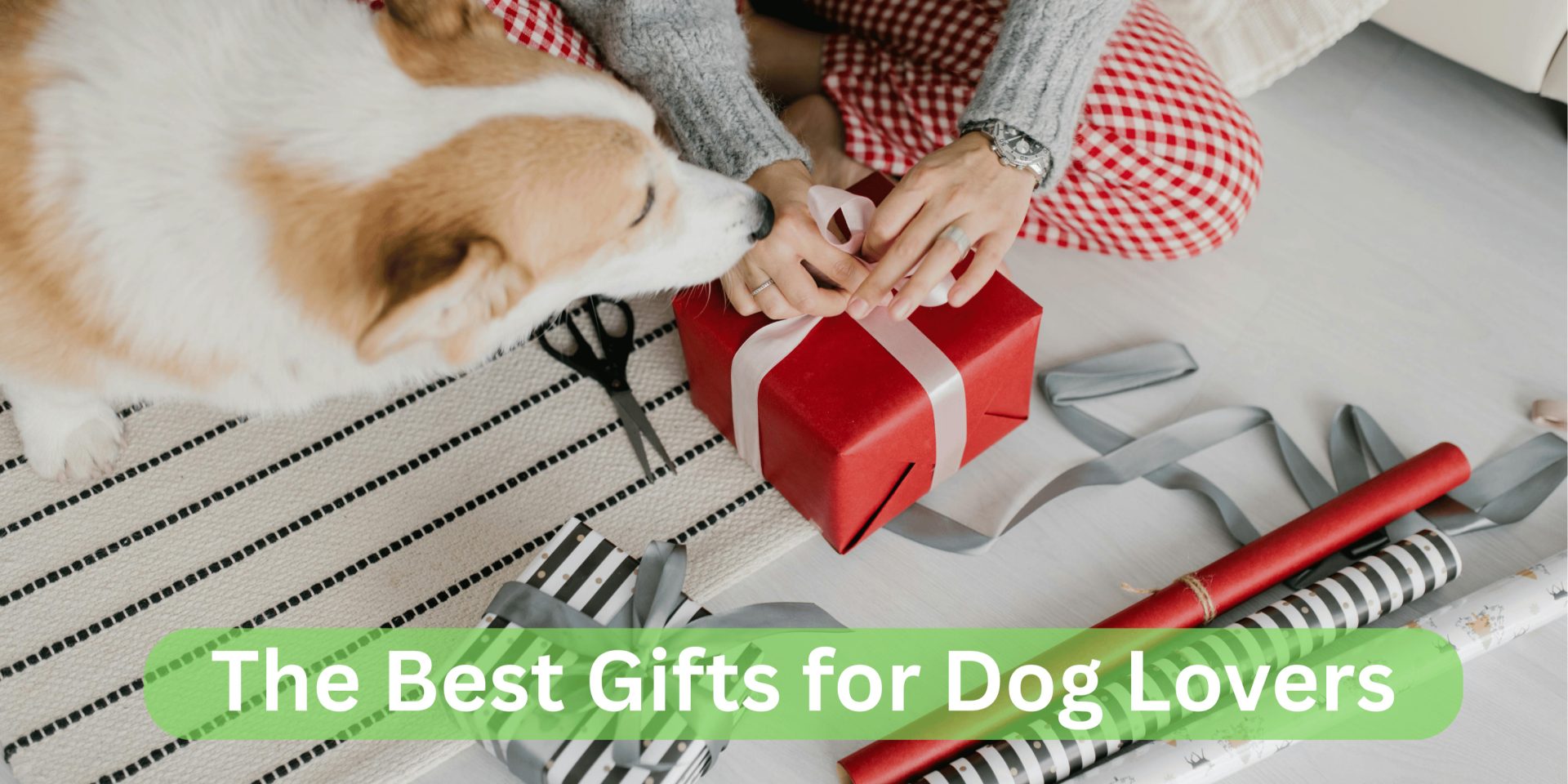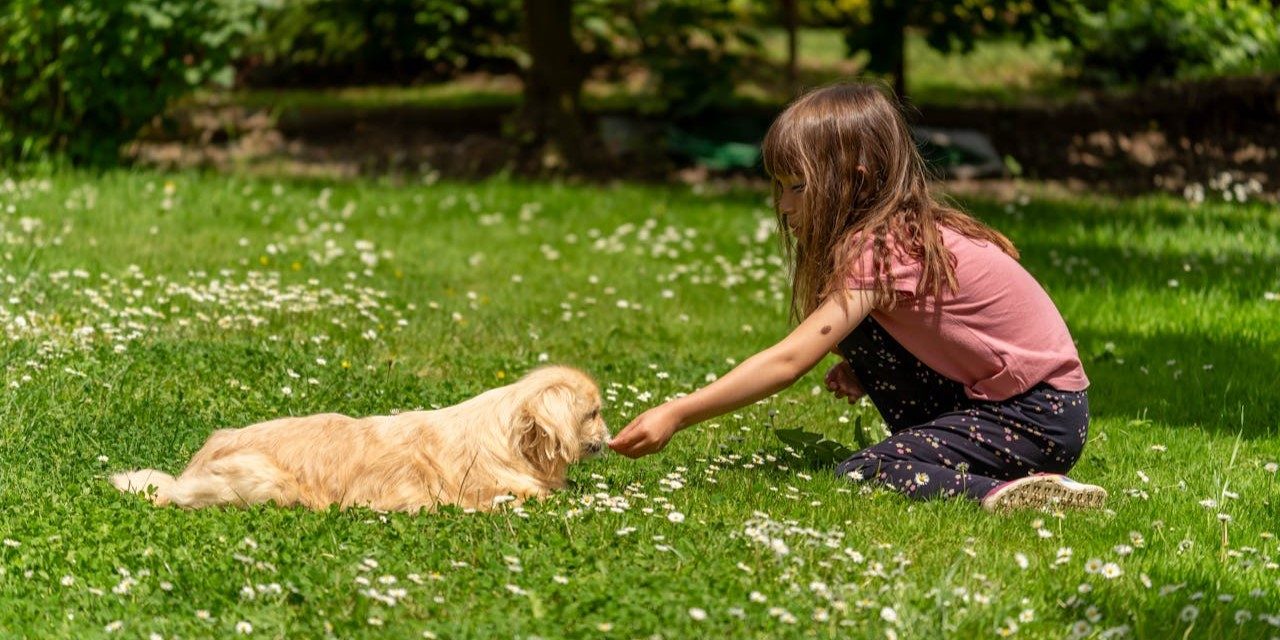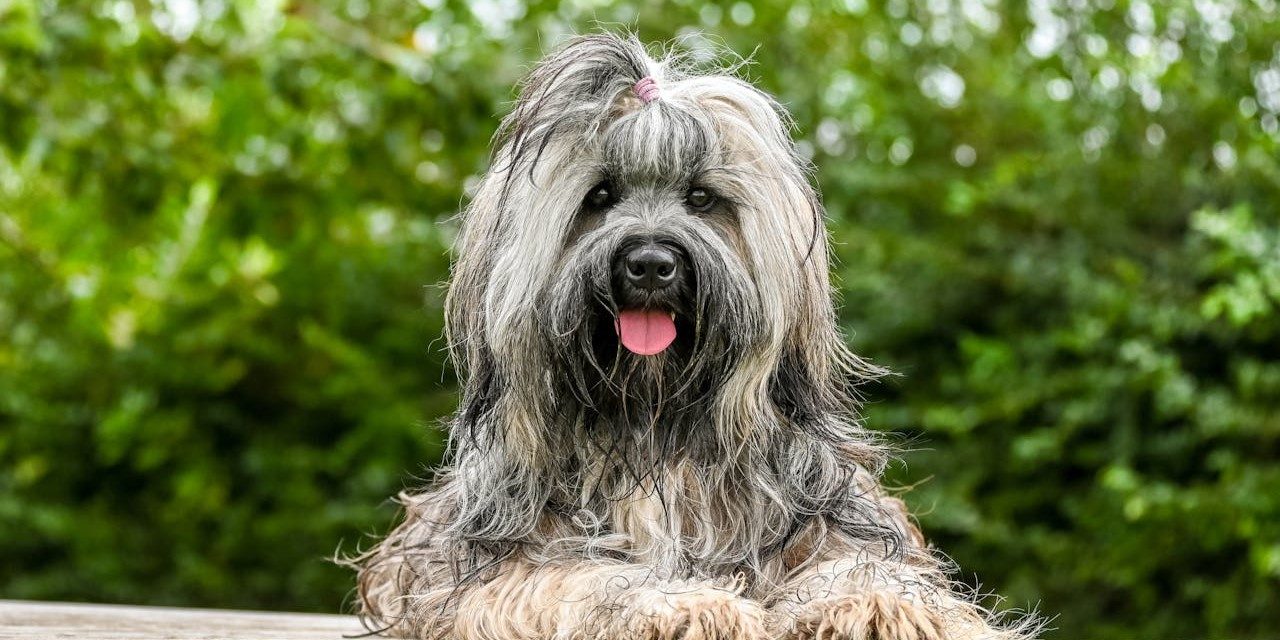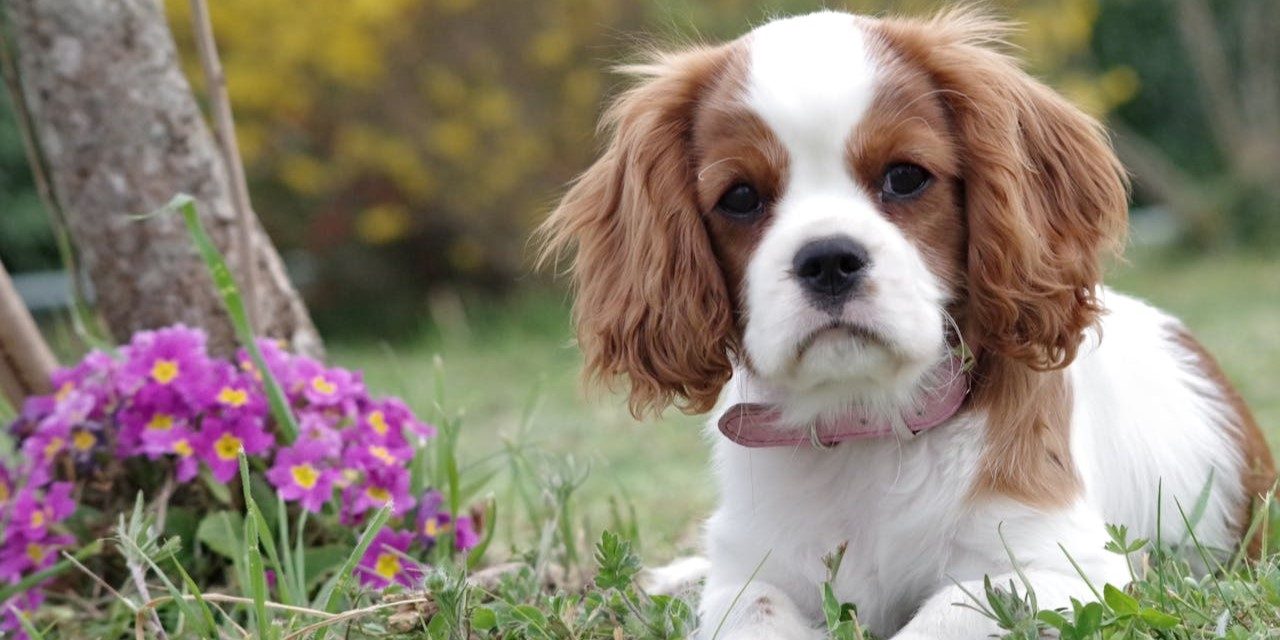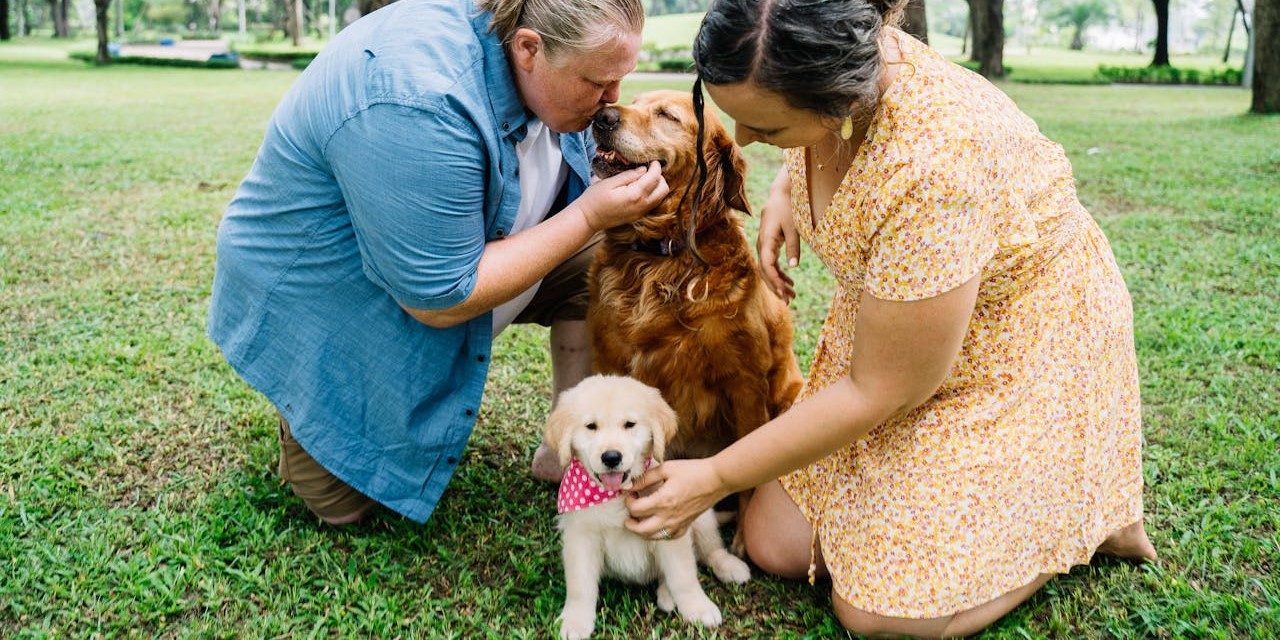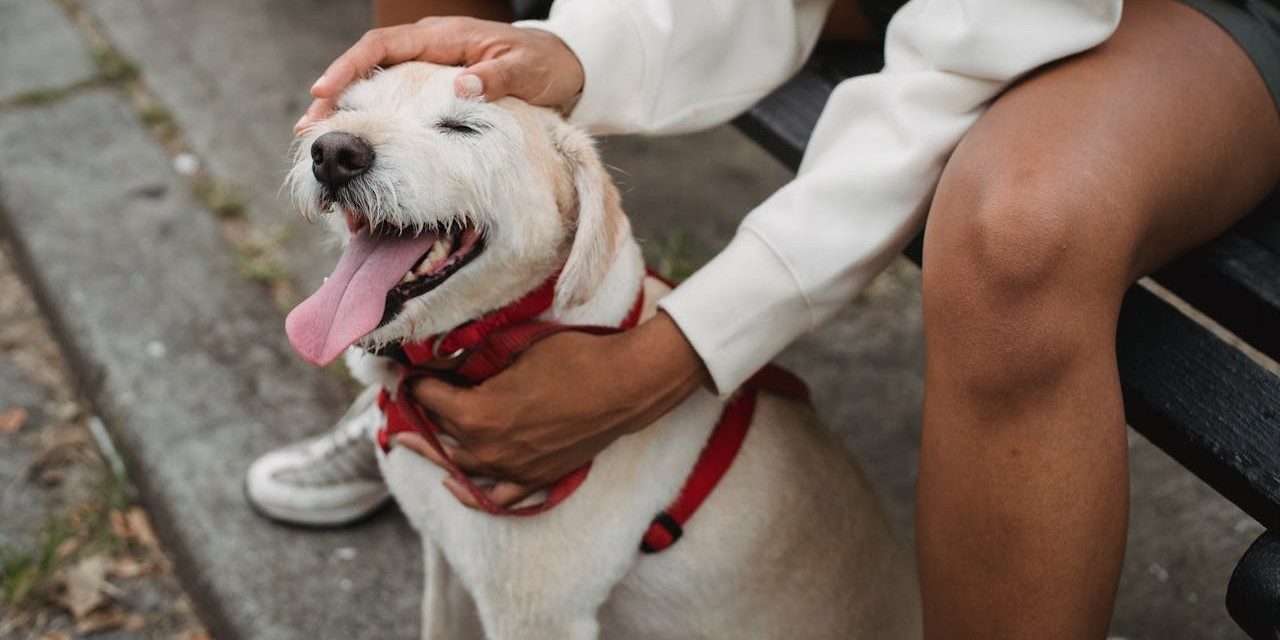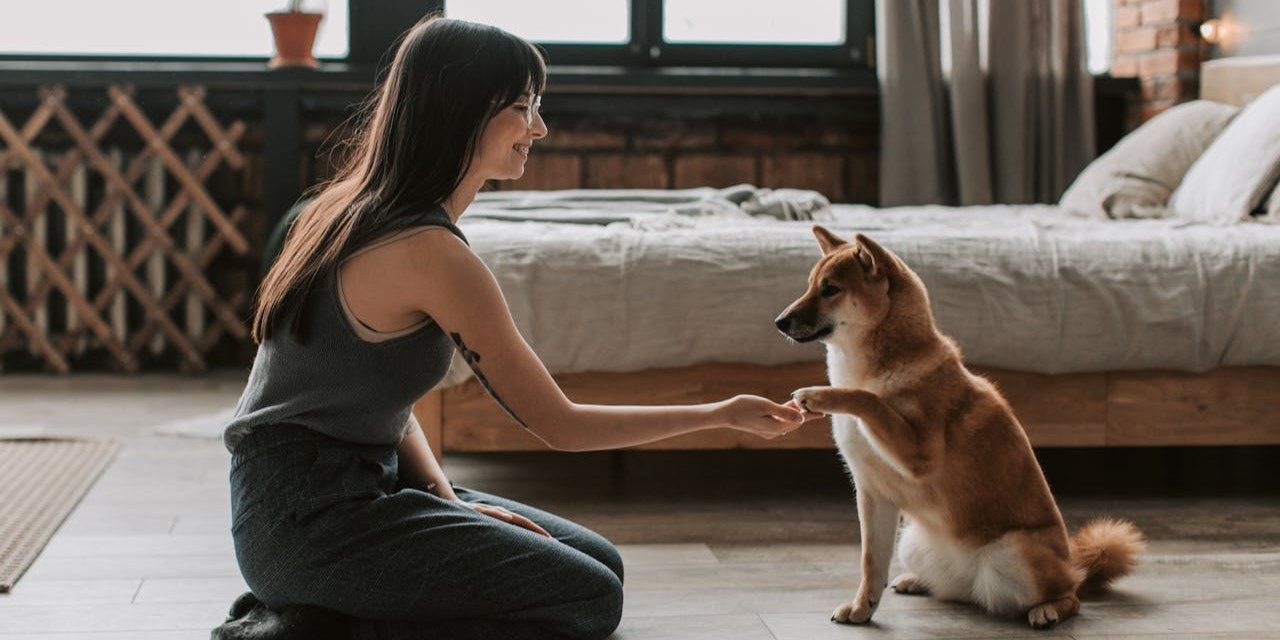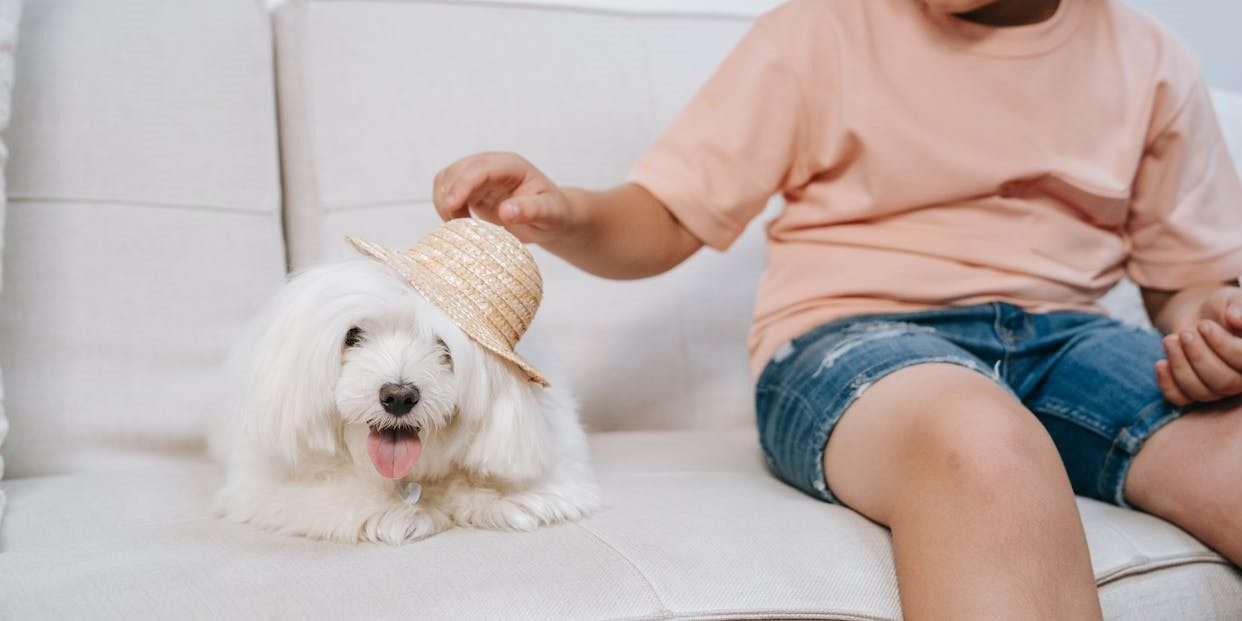What to Get Someone Whose Dog Died: Healing Sympathy Gifts
Losing a dog is heartbreaking, and if someone you care about is going through this pain, you want to offer comfort but knowing what to get can be tough. You want your gift to show you truly understand their loss and help them feel supported during such a difficult time. Knowing what to get someone whose dog died is about offering comfort that honors their profound loss. Whether it’s a keepsake to cherish their furry friend’s memory or a gentle token that brings a moment of peace, the right gift can speak volumes when words aren’t enough. Here, you’ll discover thoughtful, meaningful ideas to show your compassion and support during this difficult time. Keep reading to find the perfect way to support someone whose dog has passed away. Memorial Jewelry Memorial jewelry offers a special way to remember a lost dog. It keeps their memory close to the heart. Many find comfort in wearing something that symbolizes their pet’s love. These pieces serve as personal tributes. They help express grief and celebrate the bond shared. Memorial jewelry can be simple or detailed, depending on taste. Personalized Dog Tags Custom dog tags engraved with the pet’s name create a meaningful keepsake. These tags can include dates or short messages. They remind the wearer of their dog’s unique spirit. Paw Print Pendants Paw print pendants capture a dog’s footprint in metal or resin. These charms are beautiful and heartfelt. They symbolize the lasting impact the dog had on their owner’s life. Photo Lockets Photo lockets hold a small picture of the dog inside. This allows the wearer to carry a visual memory close. Lockets often open and close, adding a personal touch. Memorial Bracelets Bracelets with charms or beads can honor a dog’s memory. Some include birthstones or engravings. They offer a gentle reminder of the pet’s presence every day. Urn Jewelry Urn jewelry holds a small amount of the dog’s ashes or fur. This type of jewelry is very intimate and meaningful. It provides a way to keep the pet physically close at all times. Credit: bornto-be.ch Personalized Photo Gifts Personalized photo gifts offer a meaningful way to honor a lost dog. They capture precious memories and create a lasting tribute. These gifts help comfort someone grieving by keeping their pet close in spirit. Such gifts are thoughtful and unique. They show you care deeply about the person’s loss. Personalization adds a special touch that generic gifts lack. These keepsakes often become treasured mementos. Custom Photo Frames Custom photo frames display a favorite picture of the dog. They come in various styles and materials. Adding the pet’s name or dates makes it more personal. This gift helps keep the memory alive in the home. Photo Blankets And Pillows Photo blankets and pillows bring comfort both physically and emotionally. They feature images of the dog printed on soft fabric. These cozy items provide warmth and a sense of closeness. Perfect for moments of sadness or reflection. Personalized Photo Albums A personalized photo album collects many cherished moments. It can include captions or notes about the dog’s personality. This gift encourages remembering joyful times. It offers a way to look back and smile during tough days. Custom pet portraits turn photos into beautiful artwork. Artists capture the dog’s likeness with care and detail. Portraits serve as a permanent and elegant tribute. They add beauty and meaning to any room. Sympathy Cards And Notes Sympathy cards and notes offer a gentle way to show care after a dog’s death. They carry personal messages that comfort and support grieving pet owners. A simple, heartfelt note can mean a lot during tough times. These cards let people know their pain is seen and shared. They serve as a lasting reminder of your kindness and thoughtfulness. Writing a few sincere words can brighten someone’s day and help ease their sorrow. Choosing The Right Sympathy Card Select a card that feels warm and sincere. Soft colors and gentle designs work well. Avoid overly bright or flashy cards that may seem insensitive. Look for cards with pet-related images or paw prints for a personal touch. What To Write Inside A Sympathy Note Keep your message simple and kind. Express your sorrow for their loss. Share a fond memory if you knew the dog. Offer your support and let them know you are there to listen. Personalizing Your Sympathy Message Add the dog’s name to make the note special. Mention qualities that made the pet unique. Use your own words to show genuine care. Handwriting the message adds a heartfelt touch. Custom Pet Portraits Custom pet portraits offer a unique way to remember a beloved dog. These artworks capture the pet’s personality and spirit. They create a lasting memory that brings comfort during tough times. A custom portrait can be painted, drawn, or digitally designed. It often shows the dog in a favorite pose or setting. This personal touch makes the gift deeply meaningful. Why Custom Pet Portraits Make Thoughtful Gifts They honor the special bond between a dog and its owner. A portrait can help heal grief and keep memories alive. It shows you care and understand the pain of loss. Choosing The Right Style For The Portrait Consider the owner’s taste and home decor. Options include realistic paintings, whimsical sketches, or modern digital art. Matching the style makes the gift even more special. How To Order A Custom Pet Portrait Find artists online who specialize in pet portraits. Provide clear photos and details about the dog’s personality. Many artists offer quick delivery and various size options. Displaying The Portrait To Honor The Pet The portrait can be framed and hung in a special place. Some choose to keep it on a desk or shelf. It acts as a comforting reminder of happy times shared. Memorial Wind Chimes Memorial wind chimes offer a gentle, soothing way to remember a lost dog. Their soft sounds bring peace and comfort to those grieving. These chimes create a lasting tribute that honors … Read more


